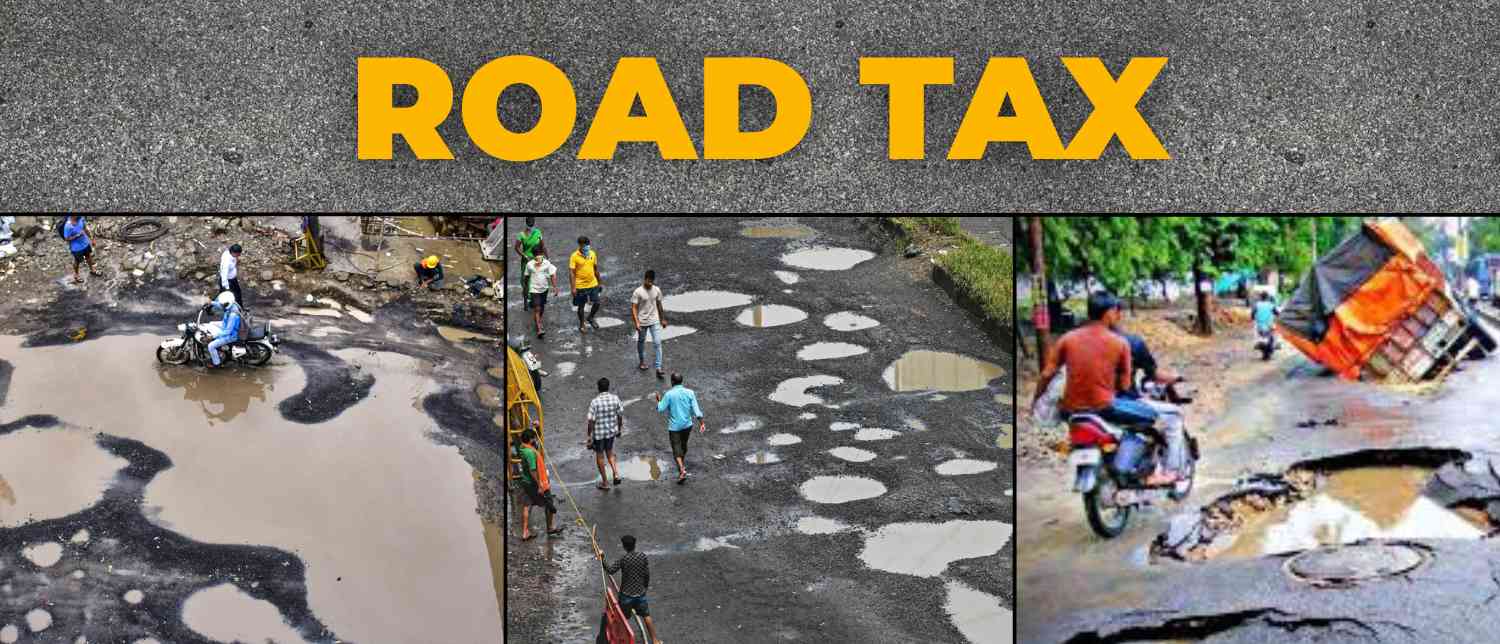In India, buying a vehicle is not just about paying for the machine itself. Whether you buy a scooter, a family car, or a big truck, you also pay several extra charges — insurance, GST, registration fees, and a large one called road tax. Depending on the state and the type of vehicle, this road tax can be anywhere between eight and eighteen percent of the vehicle’s price. When combined with other charges, the total cost of owning a vehicle can sometimes rise by thirty percent or more above the showroom price.
_1754903127.png)
In principle, the reason for this tax seems fair. Roads are an essential part of public infrastructure, and maintaining them requires money. Governments collect road tax to repair existing roads, build new ones, ensure safety features like lighting and proper signage, and generally make travel smoother and safer for all. The logic is simple: if you use the road, you contribute to its upkeep.
But the reality in India is very different from the theory. Once the buyer has paid this tax, there is no visible return on that investment. Across the country, from crowded metros like Mumbai to rural villages, it is common to find broken patches, deep potholes, uneven surfaces, and flooded streets that double as dangerous traps for drivers. The situation becomes far worse during the monsoon season, when rainwater fills and hides the potholes, turning ordinary roads into minefields capable of breaking bones and destroying vehicles.
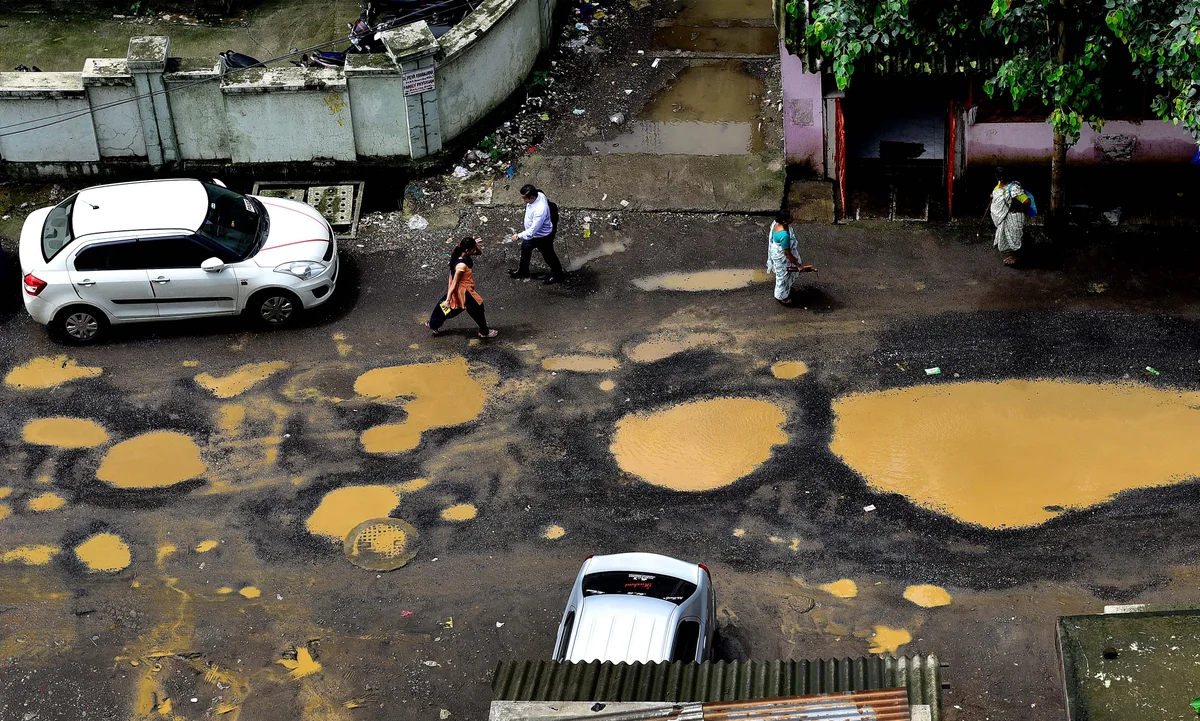
Every day, millions of commuters face these conditions without choice. The result is not just frustration, but also a high rate of accidents. Government statistics show that India loses over 1.5 lakh lives to road accidents every single year. A significant share of these deaths can be linked directly to poor road conditions — potholes that throw riders off their bikes, unmarked speed breakers that make school buses lose control, broken bridges that cannot bear the weight of loaded trucks. In Maharashtra alone, potholes reportedly claimed more than 3,500 lives in a decade. For every life lost, there is a family left grieving, a household thrown into financial and emotional turmoil.
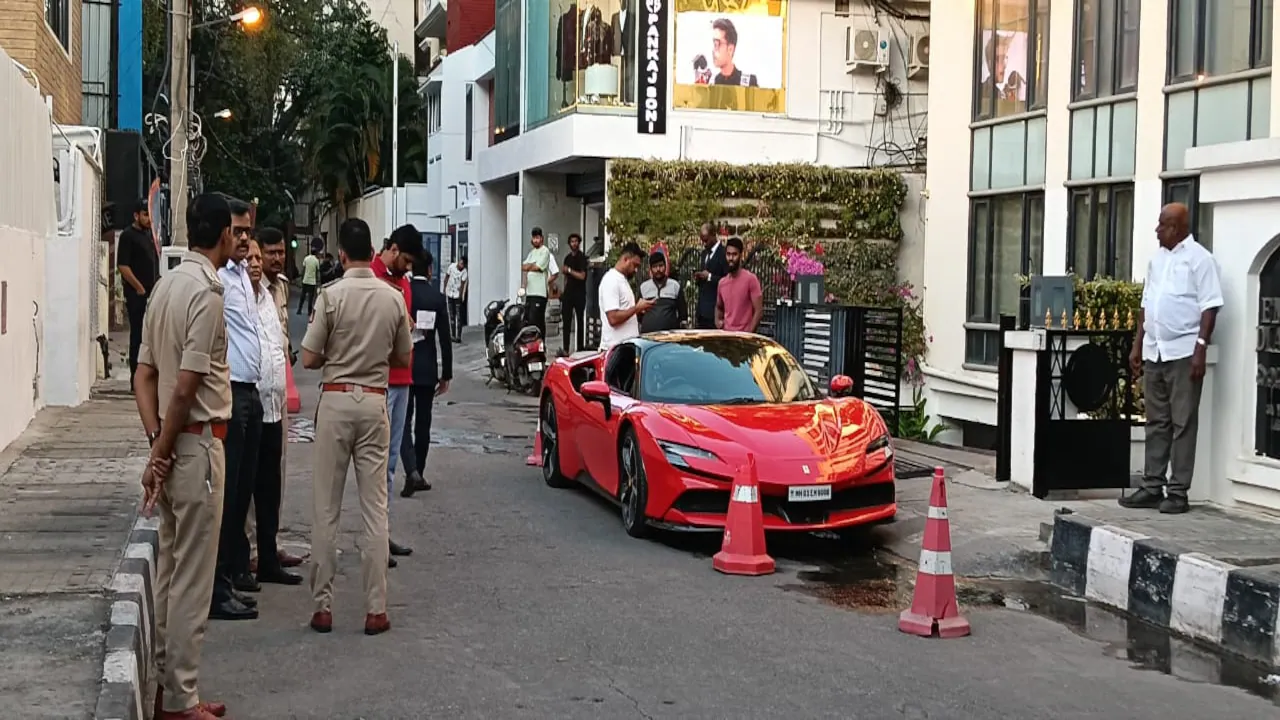
Vehicle owners feel trapped in an unfair cycle. They pay a heavy road tax at the time of purchase; they pay taxes on the fuel they use; they even pay tolls on highways. Yet, when their car or bike hits a pothole, the damage repair cost comes out of their own pocket. The tax they paid for road maintenance seems to disappear into a black hole. And it’s not because the money collected is too little — states like Karnataka and Tamil Nadu collect thousands of crores in road tax every year. If properly and efficiently used, that amount could give us some of the best roads in the world.
The real problem lies in mismanagement, lack of transparency, and poor quality of work. Funds often get diverted to other projects, road repair contracts are given to agencies that use substandard materials, and there is no system for citizens to track where their money is spent. In many cases, a freshly repaired road develops cracks within a few months because of shoddy workmanship. This creates a cycle of repair and re-repair, which benefits the contractors but leaves taxpayers with the same unsafe roads.
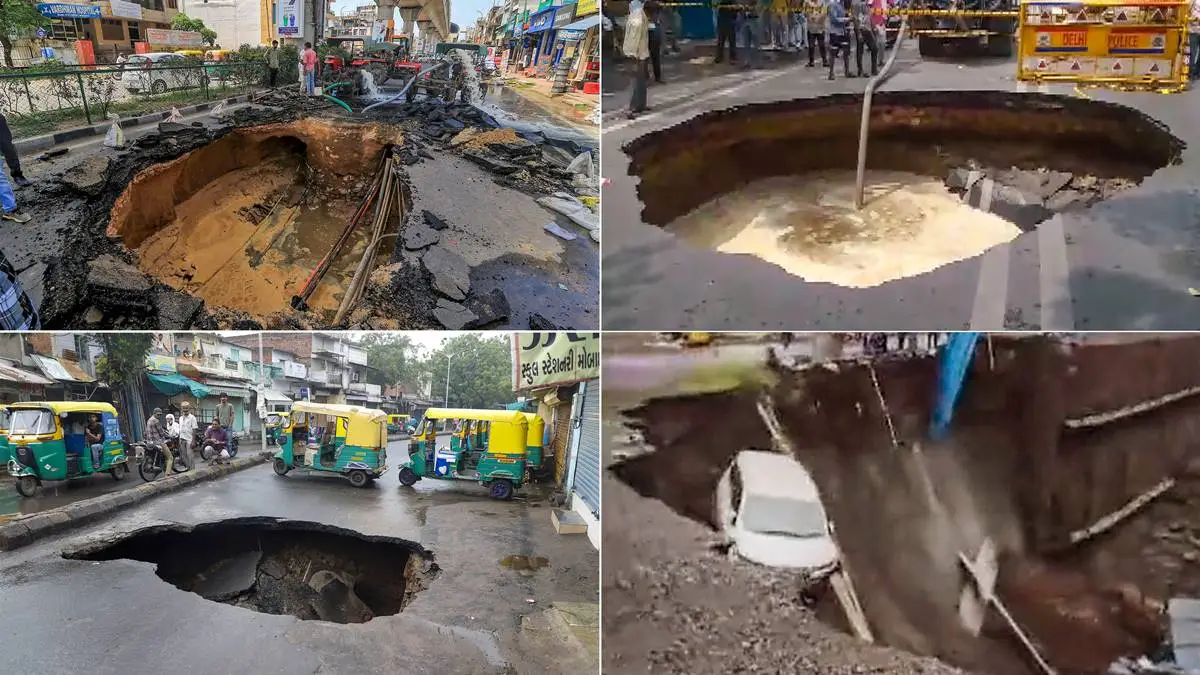
This lack of accountability has eroded public trust. Social media is full of videos and photos showing dangerous potholes, flooded streets, and tragic accidents caused by them. Memes and sarcastic posts reflect a mix of anger and helplessness. People are no longer just annoyed at traffic delays; they are fearful for their safety every time they or their families step out.
And this is not a problem limited to rural areas. Big cities like Bengaluru, Delhi, and Mumbai — which collect some of the highest amounts in road tax — also struggle with crumbling flyovers, unfinished road projects, and endless digging by utility companies that is left half-complete. In villages, the consequences are even more severe. Bad roads mean that farmers cannot transport crops in time, patients cannot reach hospitals quickly, and children find it harder to attend school regularly. Poor infrastructure directly slows down economic growth, making it harder for communities to improve their quality of life.
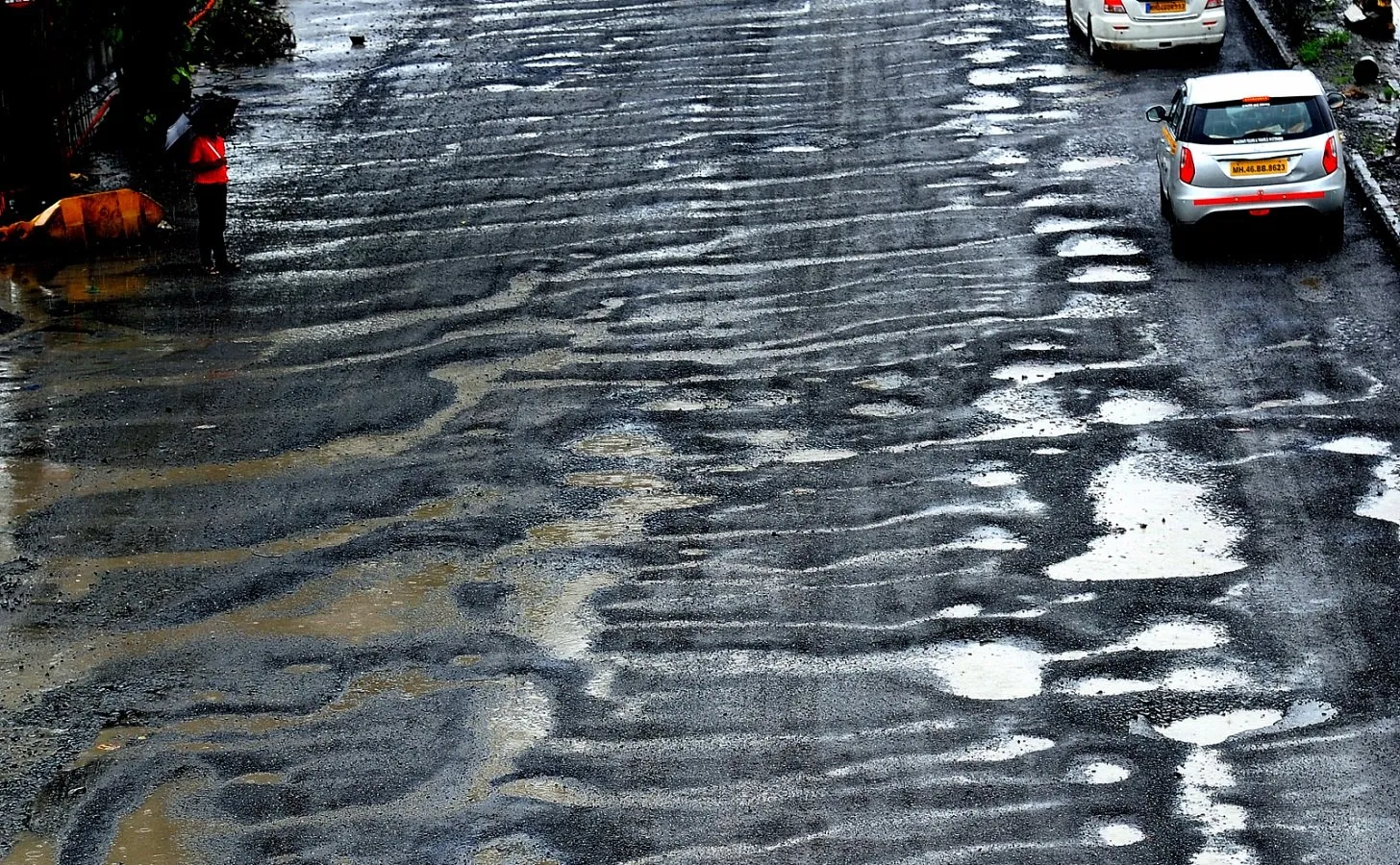
If governments want citizens to pay road tax without resentment, they must ensure that the tax delivers real, visible benefits. This calls for a complete change in approach. Road tax funds should be kept in a dedicated account used only for road-related work. There should be annual public audits to show exactly how much was collected and where it was spent. Contracts for road construction should go only to reliable, experienced companies, with strict penalties for substandard work. Repairs should be preventive and not just reactive — roads should be maintained before the damage becomes extreme. Technology can play a role too, with citizen-reporting apps to flag dangerous spots, and third-party agencies to monitor quality.
Beyond the technical solutions, there is a deeper emotional issue here: trust between the taxpayer and the government. Every pothole-related death is a reminder that poor roads are not just an inconvenience — they can be deadly. Parents worry when their children take a two-wheeler to school. Ambulances get stuck or delayed, costing precious minutes that could save a life. Long-distance drivers live with constant stress, facing unpredictable road hazards at every turn. When people see that their tax payments are not making their journeys safer, they begin to question the very legitimacy of the tax.
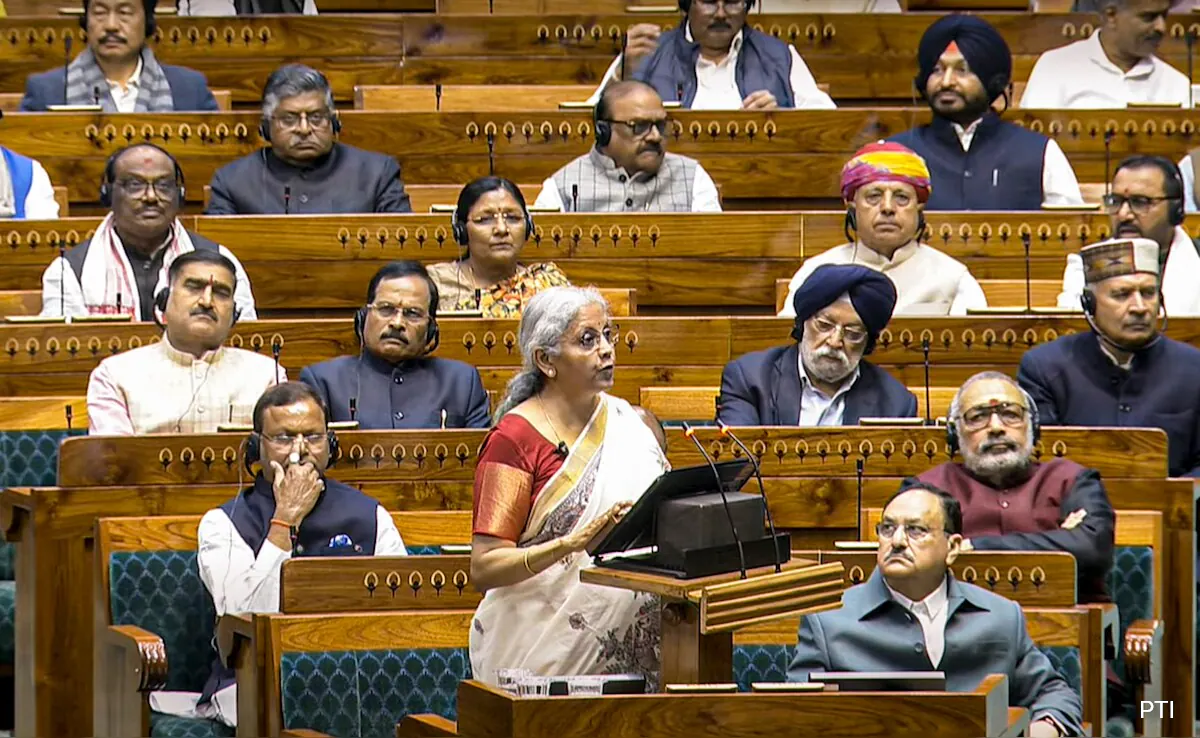
Paying tax is the duty of every responsible citizen, but it is equally the government’s duty to give value in return. When we pay income tax, we expect better public services. When we pay GST, we expect transparent trade. And when we pay road tax, we expect safe, smooth roads that do not threaten our lives. The promise should be simple: no potholes, no broken roads — only then will the road tax feel justified.
India is capable of having world-class roads. We have the engineers, the technology, and most importantly, the money. What we need is political will, transparency, and strict accountability. Until then, the question will remain on every commuter’s lips: why should we pay road tax when every road feels like a death trap?
With inputs from agencies
Image Source: Multiple agencies
© Copyright 2025. All Rights Reserved. Powered by Vygr Media.

